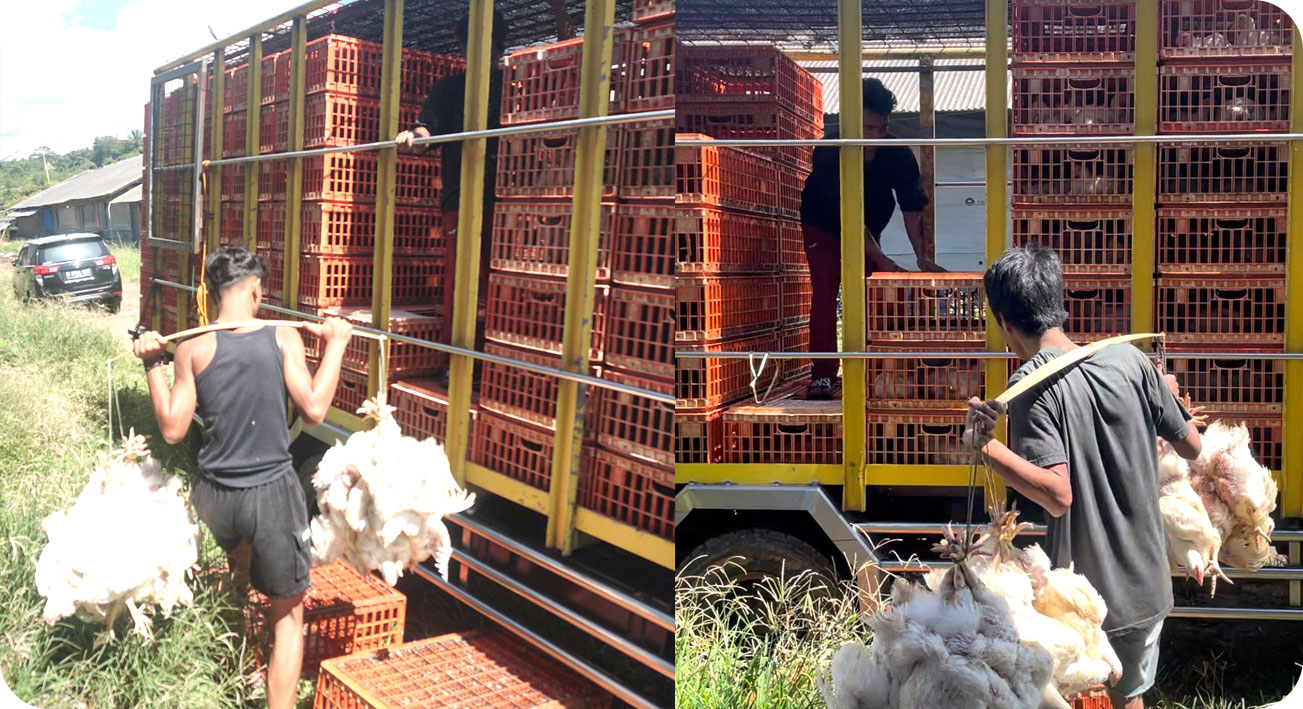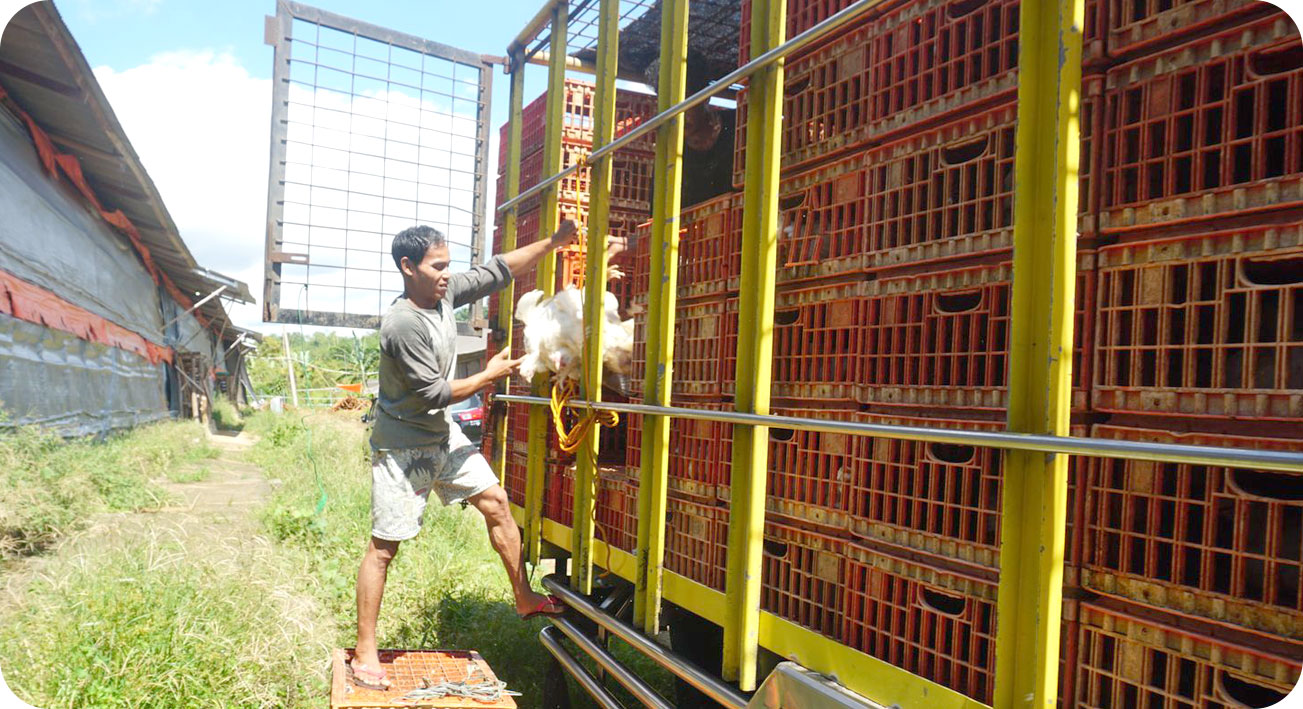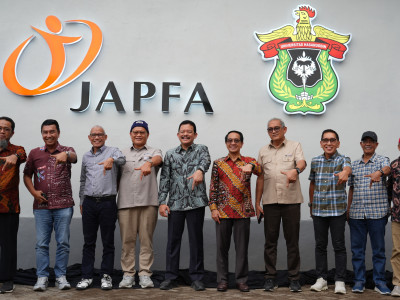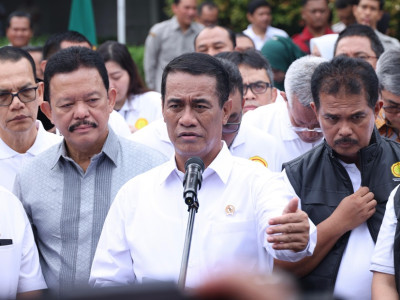Supporting Smallholder Poultry Farming, JAPFA Absorb SME Chicken Stock to Maintain Price Stability
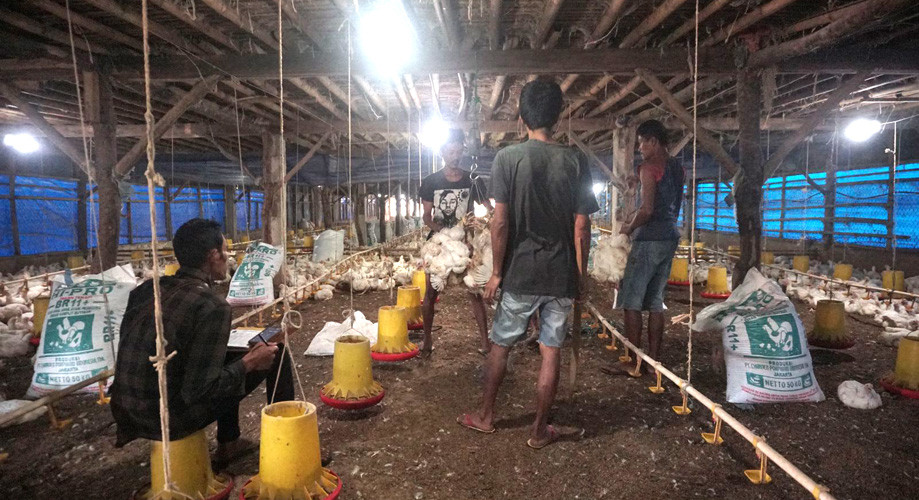
PT Japfa Comfeed Indonesia Tbk (JAPFA) undertook a direct purchase of live chickens from independent farmers in Bogor, West Java, and Serang, Banten on April, 25th 2025. In this initiative, JAPFA absorbed more than 5,000 live chickens, each weighing between 2.2 to 2.6 kilograms. This move reflects the company’s ongoing commitment to supporting the sustainability of small-scale poultry farming and maintaining price stability at the farmer level.
Rachmat Indrajaya, Director of Corporate Affairs JAPFA, stated, “We are committed to working closely with the government to maintain a balance between market supply and demand. This initiative represents our support for local farmers, who play a vital role in sustaining the national poultry industry.”
The recent drop in chicken prices at traditional markets across Indonesia has raised significant concerns. The decline has been driven by several factors, including weakened consumer purchasing power following the Eid festivities and an oversupply of stock. According to data from the National Food Agency (BAPANAS), the price of live chicken in Java and the Greater Jakarta area (Jabodetabek) currently ranges from IDR 15,000 to IDR 16,000 per kilogram—far below the government’s reference price of IDR 25,000 per kilogram. At these prices, farmers are unable to cover their production costs.
Before this program, JAPFA had already implemented a sustainable partnership model based on Environmental, Social, and Governance (ESG) principles. These efforts include responsible waste management, strict biosecurity protocols, and continuous technical capacity-building for farmers. JAPFA’s partnership program now empowers more than 8,000 farmers across Indonesia, contributing significantly to rural economic development.
“This initiative is part of our long-term commitment to strengthening the national food supply chain and ensuring a fair price balance between producers and consumers,” Rachmat concluded. “We continue to coordinate closely with the Directorate General of Livestock and Animal Health Services at the Ministry of Agriculture to ensure the program’s effectiveness and to maximize its benefits for local farmers.”
